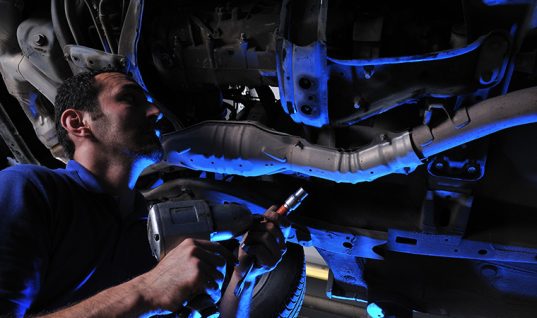According to Mike Hawes, Chief Executive of the SMMT, the UK’s self-driving vehicle revolution is advancing with the government’s announcement of its automated passenger services (APS) scheme. The scheme will permit pilot projects for commercial ride-hailing, shuttle, and bus services from Spring 2026. This is seen as a positive step towards a safe and responsible rollout of self-driving technology.
The SMMT’s latest cross-sector report highlights the significant potential of a thriving connected and automated mobility (CAM) sector, projecting it could contribute up to £66 billion annually to the economy by 2040 and create 342,000 jobs. Furthermore, with most road accidents attributed to human error, the technology has the potential to save 3,900 lives and prevent 60,000 serious accidents over the next 15 years.
Beyond passenger services, the technology is expected to benefit logistics, farming, mining, and defence, offering less stressful journeys, time savings, and greater travel freedom for those who cannot drive.
Hawes emphasises that speeding up the rollout will deliver these benefits sooner, but success depends on public confidence and broad support. It is crucial for the technology to be widely understood as safe, reliable, and accessible. The government’s new APS consultation is an important step to ensure the necessary secondary legislation considers the wide range of needs and roles, including those of local authorities, emergency services, and older and disabled passengers.







